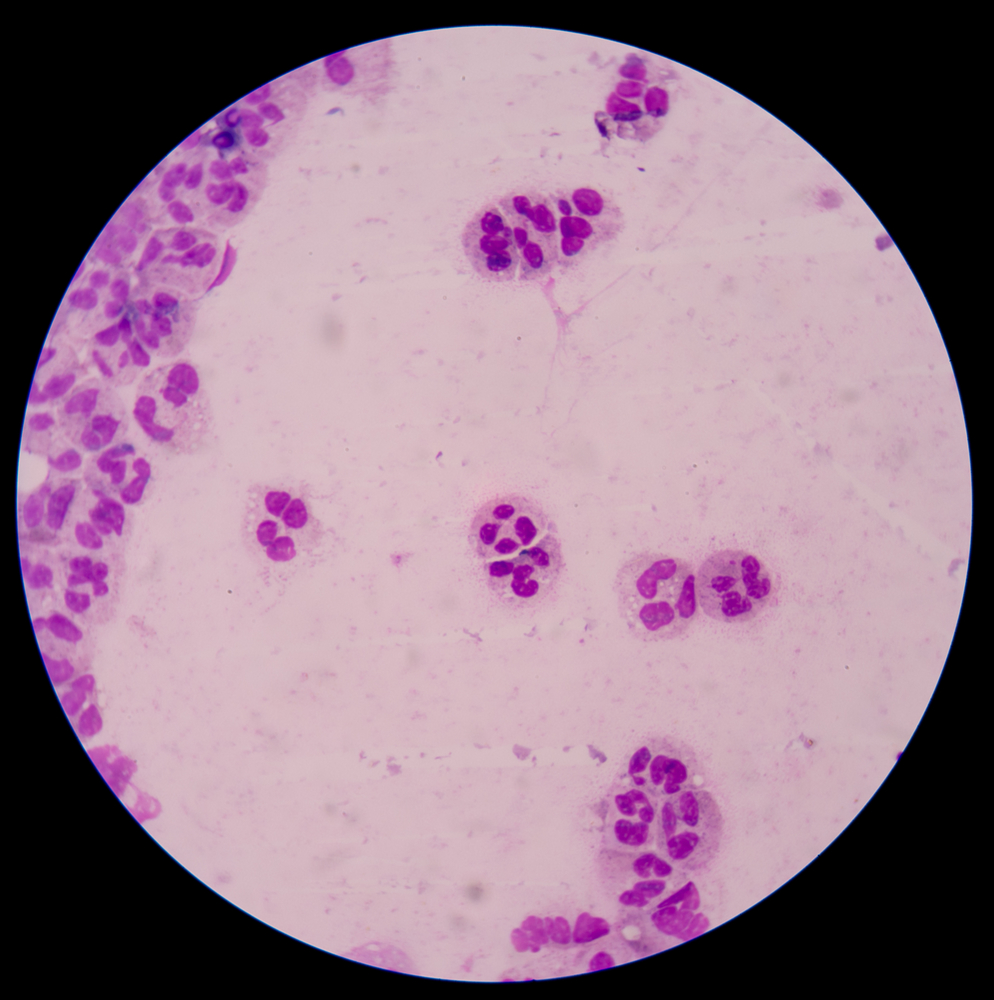Ginsenosides may inhibit the systemic inflammatory response to surgery to prevent cancer recurrence
Although surgical resection is an important cancer treatment, there is a big chance of recurrence after surgery. Once metastatic recurrence happens, cancer itself becomes tricky and lethal to patients.
Recently, a study published in the journal Science Translational Medicine found that the inflammation induced during surgical wound healing may trigger a metastatic recurrence.
Inflammation after surgery may trigger the cancer recurrence
The study is led by Professor Robert A. Weinberg who is a pioneer in cancer research and credited with the discovery of the first human oncogene and the first tumor suppressor gene. The research team found that the systemic inflammatory response to surgery would promote metastatic recurrence.
The research team designed experiments to explore the underlying mechanism of why the inflammation during surgical wound healing would induce cancer relapse. In the experiments, mice were treated with meloxicam, a non-steroidal anti-inflammatory drug. Compared with the control group, the experiment group treated with meloxicam had smaller tumors and some mice with strong immunity even got cured.
Researchers found that in the presence of inflammation, inflammatory mononuclear cells were greatly increased, and the chemokines CCL2 produced by cancer cells facilitated the differentiation of inflammatory mononuclear cells into macrophages that finally fueled tumor growth.
This research provides a new insight into cancer treatment, especially the prevention of cancer recurrence after surgery. Using drugs like non-steroidal anti-inflammatory drugs, combined with surgery, will be an effective treatment to reduce metastatic recurrence.
Ginsenosides exhibit anti-inflammatory effects as an adjuvant therapy
Ginsenosides are active ingredients discovered in the plant genus Panax (ginseng) in the 1960s. Studies found that ginsenosides have a variety of biological activities in anti-cancer and anti-inflammatory properties.
The study published in the journal African Journal of Biotechnology showed that ginsenosides like Rh2 and aPPT inhibited the production of inflammatory mediators by suppressing the activation of nuclear factor (NF)-κB, indicating that ginsenosides can be developed as pharmaceutically useful agents against inflammatory diseases.
In addition to anti-inflammatory effects, ginsenosides were found to inhibit tumor growth in aspects of inhibiting tumor proliferation and metastasis, inducing tumor apoptosis, and inhibiting tumor neovascularization.
Based on various ginsenoside benefits in fighting cancer, ginsenosides are considered potential anticancer agents by scientists. Ginsenosides are currently used as an adjuvant therapy in combination with radiotherapy and chemotherapy, targeted therapies, and they show good performance in reducing the side effects of these therapies, inhibiting tumor drug resistance, and improving the overall anticancer efficacy.



